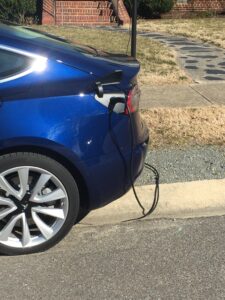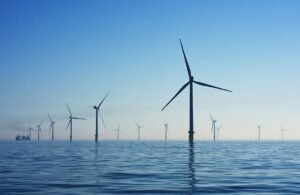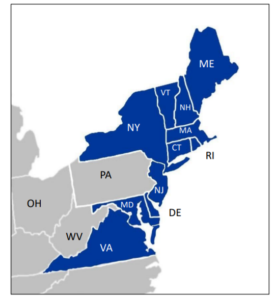 by Bill O’Keefe
by Bill O’Keefe
Although Dominion Energy seems to be hedging on its 2040 goal, Virginia is still stuck with the Virginia Clean Economy Act net zero mandate and its participation in the Regional Greenhouse Gas Initiative, which seeks to achieve an 80 percent reduction in emissions by 2050. However, neither the General Assembly nor Dominion appear to have done the comprehensive and realistic life-cycle analysis needed to determine the realism of those commitments and their consequences.
Noted e historian and analyst Daniel Yergin has written about the challenges of meeting the demand for the essential materials needed for electrification — lithium, copper, and other minerals. As time moves on, it is becoming more clear how difficult it will be to obtain these minerals and also constrain the emissions associated with their production. The IMF has concluded that pursuing net zero will “spur an unprecedented demand for some of the most crucial metals, leading to price spikes that could derail or delay the energy transition.”
Electrification of vehicles, charging stations, wind power, solar panels, and battery storage could lead to a doubling of demand for copper within a decade. This conclusion comes from a study of copper by S&P Global. Since copper is the “metal of electrification,” the implications are staggering.
For decades, the world worried about the concentration of oil in the Middle East. Are any of the electrification proponents worried about the greater concentration of copper supplies — 40% from Peru and Chile? And, what about the concentration of other essential minerals like cobalt and lithium for electric car batteries — 70% in the Congo and 60% in China? Diversifying the sources of these minerals is not an easy task. Negotiating with host governments and developing a new mine can take 15 to 20 years and cost several billions of dollars. How many new mines will be needed and how accommodating will host governments be? Continue reading →



 by Bill O’Keefe
by Bill O’Keefe






 by Bill O’Keefe
by Bill O’Keefe


